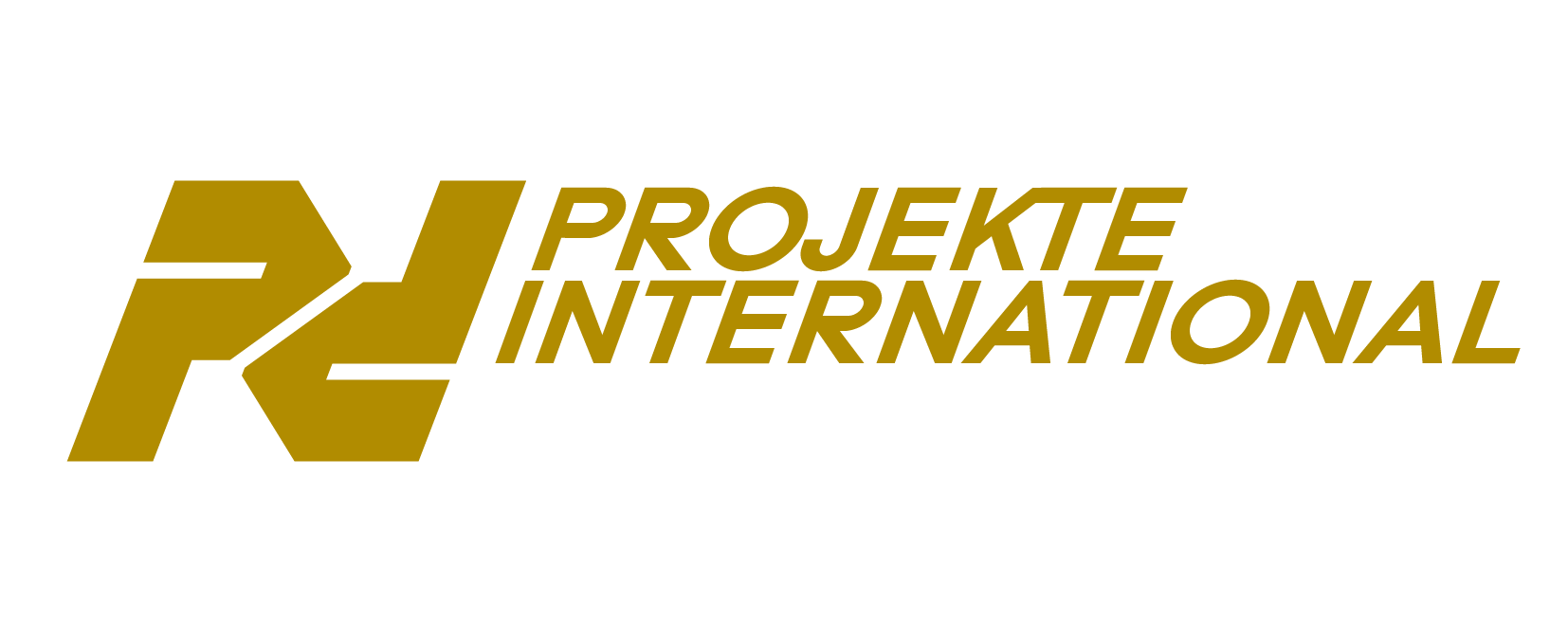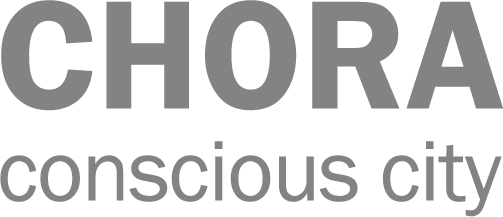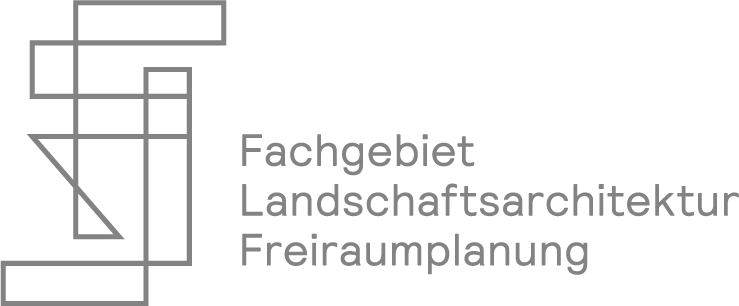INVESTIGATIONS! Interviews
Infrastructures of Consumerism #3
By: Marie Nägele, Sebastian Roth, Lara Lasen, Nicole Mroczek, Jasmin Schiele, Maram Ismael, Diogo Jeremias, Ioannis Takeoglou & Peter Richter
Studio: Infrastructures of Consumerism SS2020
Habitat Unit
Published on September 2, 2020
TILMANN SANTARIUS in conversation with Marie Nägele & Sebastian Roth
Our interview partner, Prof. Dr. Tilman Santarius, teaches at the TU Berlin and is a scientific author on climate policy, trade policy, sustainable business, global justice and digital transformation. In the context of the Berlin Brandenburg 2040 project, we interviewed him on the topic of digital sustainability and asked him about possible scenarios for the future of the Berlin-Brandenburg region, focusing particularly on the concepts of consumption and sustainability. Who might be the leading influencers for such a possible future? Will, for example, Amazon, Google, and other big global players take the leadership, or will these new aspects be formulated “bottom-up” by the population? How will these concepts change in the future and what are the societal, environmental, socio-economic and political prerequisites that could provide the basis for such a rethink?
Length: 35 min
LUDWIG ENGEL in conversation with Lara Lasen, Nicole Mroczek & Jasmin Schiele
Ludwig Engel ist Stadt- und Zukunftsforscher. Sein Schwerpunkt liegt auf der Entwicklung von Zukunftsszenarien und strategischen Handlungsempfehlungen. In Vorträgen, Ausstellungen und Publikationen beschäftigt er sich mit der Vorstellung einer besseren Stadt von Morgen und der Bedeutung von Digitalisierung und künstlicher Intelligenz. Nach verschiedenen Lehraufträgen unter anderem an der TU Berlin und der UdK, lehrt er nun an der ETH Zürich am Lehrstuhl von Arno Brandlhuber und ist Direktor des Masterprogramms „Studio for Immediate Spaces“ am Sandberg Institut in Amsterdam. Ludwig Engel ist geborener Berliner und besucht mit seiner Familie regelmäßig Brandenburg. Im Interview sprechen wir mit ihm über seine Sicht auf zukünftige Entwicklung von Berlin und Brandenburg, die Vekehrswende, Konsumvehalten sowie die Rolle des virtuellen Raums im Kontext der aktuellen Pandemie.
Length: 38 min
00:11 Vorstellung
01:08 Wann warst du zuletzt in Brandenburg und was hast du dort gemacht?
01:26 Aus deiner Position: Wie definierst du... Postwachstumsgesellschaft?
03:00 Herausforderungen der folgenden 20 Jahren für die Stadtentwicklung in BB?
04:52 Wie siehst du gegenwärtige Entwicklungen für Logistikfirmen
09:46 Innenstädte in der Krise?
11:12 Was kann Berlin von anderen Städten bzgl. Infrastruktur lernen?
13:11 Corona - Einfluss auf die Verkehrswende?
15:46 Was passiert mit der Umweltbewegung?
18:17 Wovon hängt Konsumverhalten ab?
19:22 Welche Wohnformen in Berlin funktionieren nach der Pandemie nicht mehr?
21:38 Welche Rolle wird der virtuelle Raum in Zukunft spielen?
27:44 Die zukünftige Verbindung zwischen Berlin und Brandenburg ?
30:36 Utopien für Brandenburg?
35:48 In welcher Gesellschaft wollen wir 2040 leben?
JANET MERKEL in conversation with Carolin Fuhrig, Maram Ismail, Diogo Jeremias, Ioannis Tekeoglou & Peter Richter
With the intention of fostering debate on changing infrastructures and the impact of global and local agendas in the region of Berlin-Brandenburg, we invited Dr. Janet Merkel for an interview to elaborate on the possible effects of some collaborative consumption practices, such as co-working and startups. During the talk, we tried to better understand how these activities have a socio-spatial impact on the urban.
Dr. Janet Merkel is a trained sociologist and has been working as a research associate for TU Berlin since 2018. She is currently a substitute Professor at Universität Kassel teaching “economy of urban and regional development”. Her work focuses mainly on co-working spaces and the creative sector, considering some of their urban and political implications.
BB2040
[EN] Berlin Brandenburg 2040 was initiated by the Habitat Unit in cooperation with Projekte International and provides an open stage and platform for multiple contributions of departments and students of the Technical University Berlin and beyond. The project is funded by the Robert Bosch Foundation.
[DE] Berlin Brandenburg 2040 wurde initiiert von der Habitat Unit in Kooperation mit Projekte International und bietet eine offene Plattform für Beiträge von Fachgebieten und Studierenden der Technischen Universität Berlin und darüberhinaus. Das Projekt wird von der Robert Bosch Stiftung gefördert.








